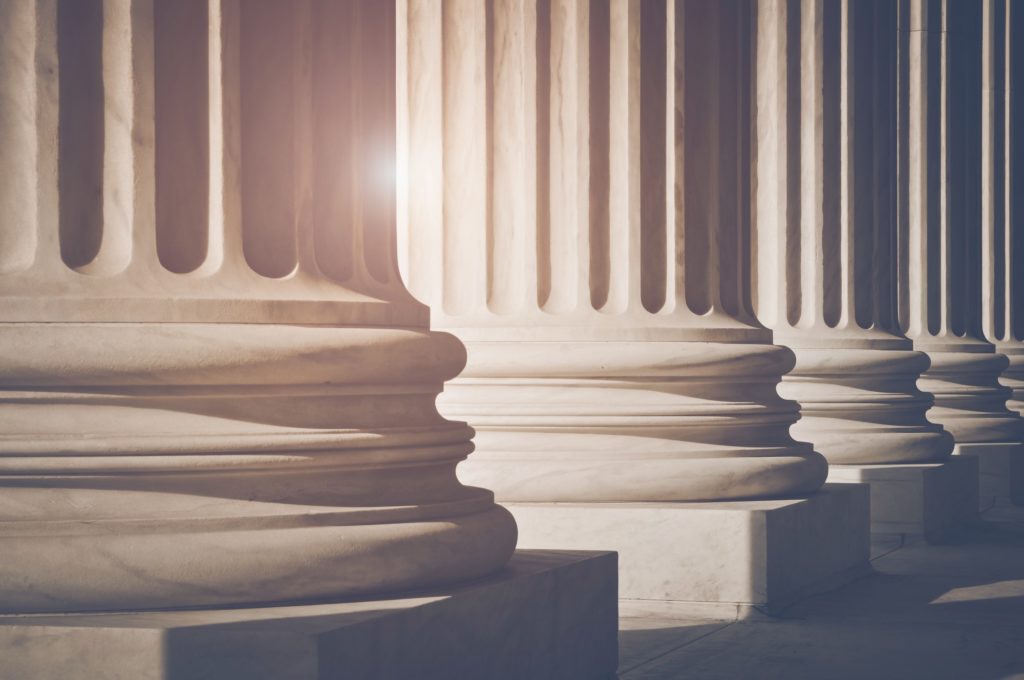
Published June 16, 2023
On Friday, June 16, 2023, EPPC scholars Eric Kniffin and Natalie Dodson submitted a public comment opposing the Proposed Rule, “HIPAA Privacy Rule to Support Reproductive Health Care Privacy,” which proposes substantial amendments to the longstanding HIPAA Privacy Rule.
The Proposed Rule was published by the U.S. Department of Health and Human Services (HHS), the federal agency responsible for implementing the HIPAA Privacy Rule. HHS claims the Proposed Rule is necessary to address “confusion” about the Privacy Rule in the wake of the Supreme Court’s decision in in Dobbs v. Jackson Women’s Health Org., which overturned Roe v. Wade in order to “return the issue of abortion to the people’s elected representatives.”
The public comment, however, that HHS has not established that Dobbs has caused confusion. But even if it does, the Proposed Rule would only make things worse. The proposed Privacy Act regulations “contain[] broadly defined and vague terms” and “qualifies these terms with words and phrases that are themselves not defined and susceptible to a wide range of interpretations.” Moreover, the Proposed Rule would significantly complicate the process hospitals must undergo before reporting child abuse or complying with a court order.
For these reasons, the public comment argues, the Proposed Rule will likely intimidate hospitals and health care professionals into underreporting important information to state officials.
The EPPC scholars argued in their comment,
Covered entities must navigate this confusion knowing that HHS—the federal agency responsible for writing, finalizing, interpreting, implementing, and enforcing the Privacy Rule—is openly hostile to state efforts to protect unborn human life, protect minors from life-altering “gender transition” procedures, and other related state interests recognized by the Supreme Court in Dobbs v. Jackson Women’s Health Org. Given the political content in the Proposed Rule, given the Department’s wide-ranging authority to interpret and enforce these vague rules, and given the considerable civil, criminal, and professional consequences that come with adverse HIPAA determination under the Privacy Rule, we fear that the Privacy Rule would chill health care professionals from cooperating with legal and legitimate state activities that stem from their traditional police powers, which include promoting the public health, morals, or safety, and the general well-being of the community.
The scholars urged the Departments to abandon and withdraw the Proposed Rule.
Read EPPC’s Press Release about EPPC’s and other groups’ comment here.








